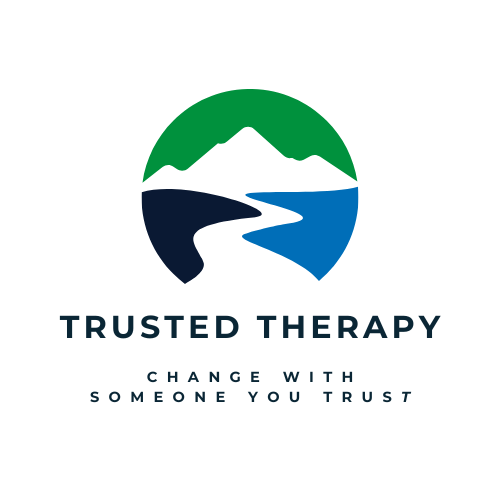People who struggle with eating disorders often find the holidays to be a stressful time. I think for many of us the holidays can be stressful. Our schedules are different, we tend to have more social activities, and spend more time with family and friends we may not be able to see regularly. For many of us, these changes are exciting and we enjoy the different pace of the holidays. But when you are struggling with an eating disorder, having your routine changed, being around people who may not know or be supportive about your eating disorder, and being expected to eat different foods than you are used to; can feel overwhelming.
So how do you prepare for the holidays when you have an eating disorder or are in recovery from an eating disorder? Here are some tips:
· Plan Ahead! When you can try to know who you will be spending time with and if you feel that person is supportive of you/eating disorder recovery. If the person (or people) are supportive talk to them prior to your interactions with them and let them know what they can do to be supportive. This may include asking them to not comment on your eating disorder, not make any comments about your weight, not to comment on what you are or aren’t eating, and possibly even asking them to provide (or if you can bring) some “safe” foods that will allow you to participate in the meal without feeling overwhelmed.
· Have a Support System in Place. Being able to know who you can talk to and reach out to when you need support is very important during difficult times. Make sure you have a list of people you can contact in the event you begin to feel overwhelmed or anxious. Some of these people may be your friends, family members, individuals from your support group, or your therapist. It can be helpful to contact your support people prior to the holidays and asking them if they would be available during the holidays to support you, if needed.
· Eat Regularly. Try to eat at regular meal times and to follow your meal plan. If you are working with a dietician or nutritionist, it would be a good idea to meet with him or her prior to holiday gatherings to discuss any changes that would need to be made to your meal plan to accommodate your plans. During holiday meals, try to focus on your relationships with the other people you are eating with, rather than on the number of calories you are eating.
· Have an Escape Plan! Think about how you can avoid getting yourself into stressful situations. In addition, think about how you can leave early from an obligation if you begin to feel overwhelmed. Sometimes we can become overwhelmed just from being around so many people, even if the relationships with the other people are healthy. It is important to be able to recognize your physical and emotional cues that may be telling you that you need a break from a situation. This could occur if you begin to feel trapped by social obligations, you feel triggered by someone or a situation, or you hear your eating disorder voice getting louder.
· Don’t Forget Self-Care. Many times during the holiday season we may “over schedule” ourselves. Family members or friends from out of town may be visiting, work may have a holiday party, or you have family traditions that you enjoy doing. These things may not be stressful, but if we overbook ourselves they can become stressful. Make sure to schedule some “me” time into each day. Continue attending therapy appointments, support groups, or doctors’ appointments. Create a list of things that you can do to relax and self-soothe. It may be helpful to ask your therapist to help you create this list, if you struggle to identify self-care activities. Examples of these may be going for a walk alone, journaling, attending a support group, looking at holiday decorations or lights, or watching your favorite holiday movie.
· Be Assertive. So many of us family members and friends who want to be supportive, but don’t know how. Be assertive in letting them know what you need (or don’t need). If you are spending time with someone who doesn’t respect your needs/wants than you will need to set a boundary with them. A boundary may look like you telling someone that you do not want them to comment on your appearance and if they don’t respect this, you may need to leave the environment and not spend time with that individual. It may mean having to say “no” to a social function because you need to take time for yourself or don’t feel comfortable being around the other people who are also attending or the environment in which the function is to occur.
· Limit Alcohol Intake. Drinking alcohol can frequently accompany holiday gatherings. However, alcohol can be a negative influence on you, especially if not done in moderation. If you plan on drinking, check with your doctor about how drinking alcohol may effect your psychotropic medications. Recognize if alcohol is a trigger for your eating disorder or other addictive behaviors. You may even realize that it is best for you to not attend gatherings were alcohol is served or may be a major part of the event. The same applies for using drugs (including non-prescription over the counter drugs or overusing prescription medications).
· Have Fun! Try to engage in pleasurable activities with people you enjoy spending time with. Typically, there can be lots of fun activities that are going on around the holiday season. Doing things that you enjoy and with people you feel comfortable being around, can go a long ways in making the holiday season more enjoyable and less stressful!
Trusted Therapy, Inc Tonya McFarland, PsyD Licensed Clinical Psychologist 1030 Johnson Rd, #323 Golden, CO 80401 303-709-5897 tonya@trustedtherapy.com trustedtherapy.com
